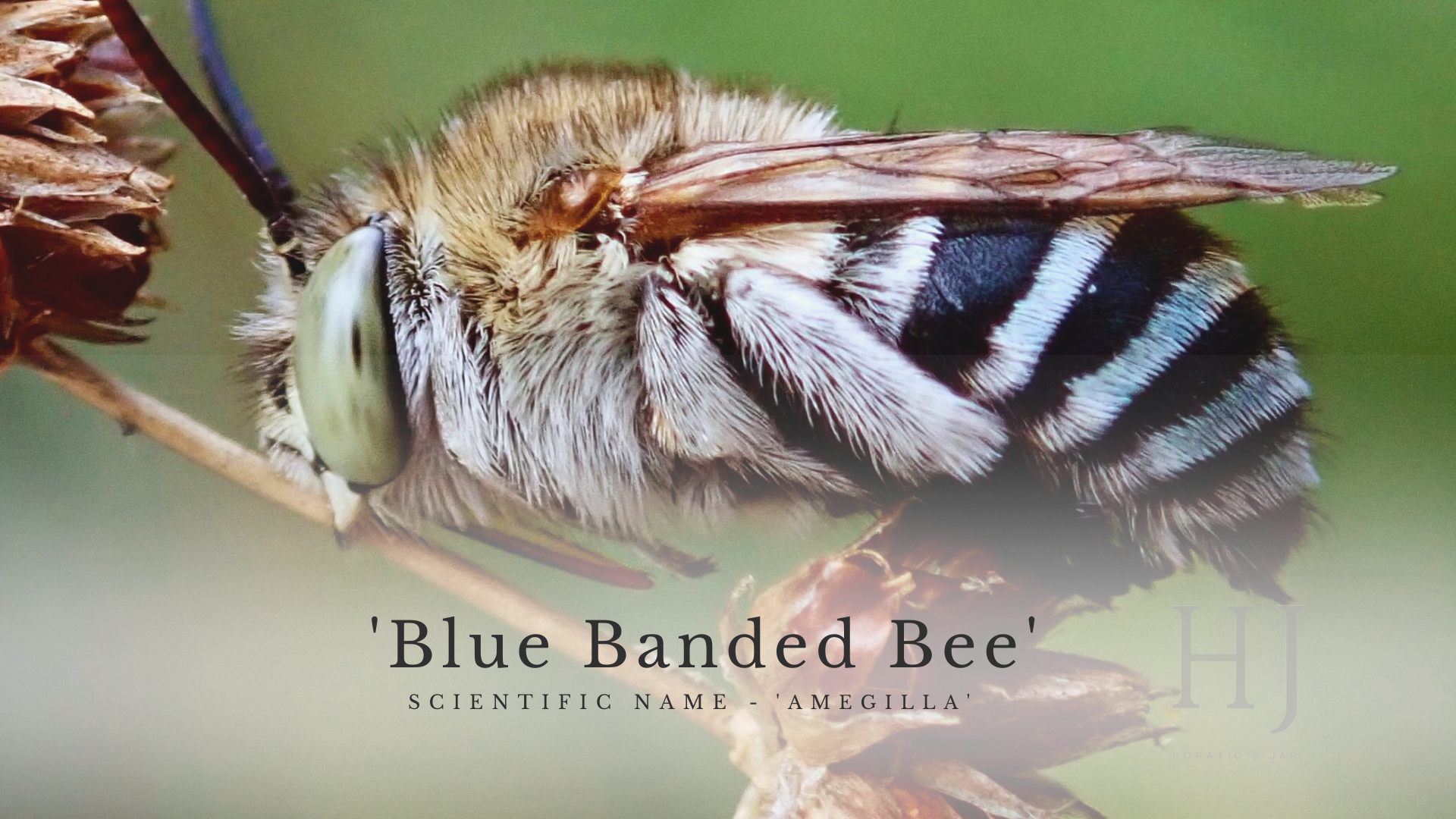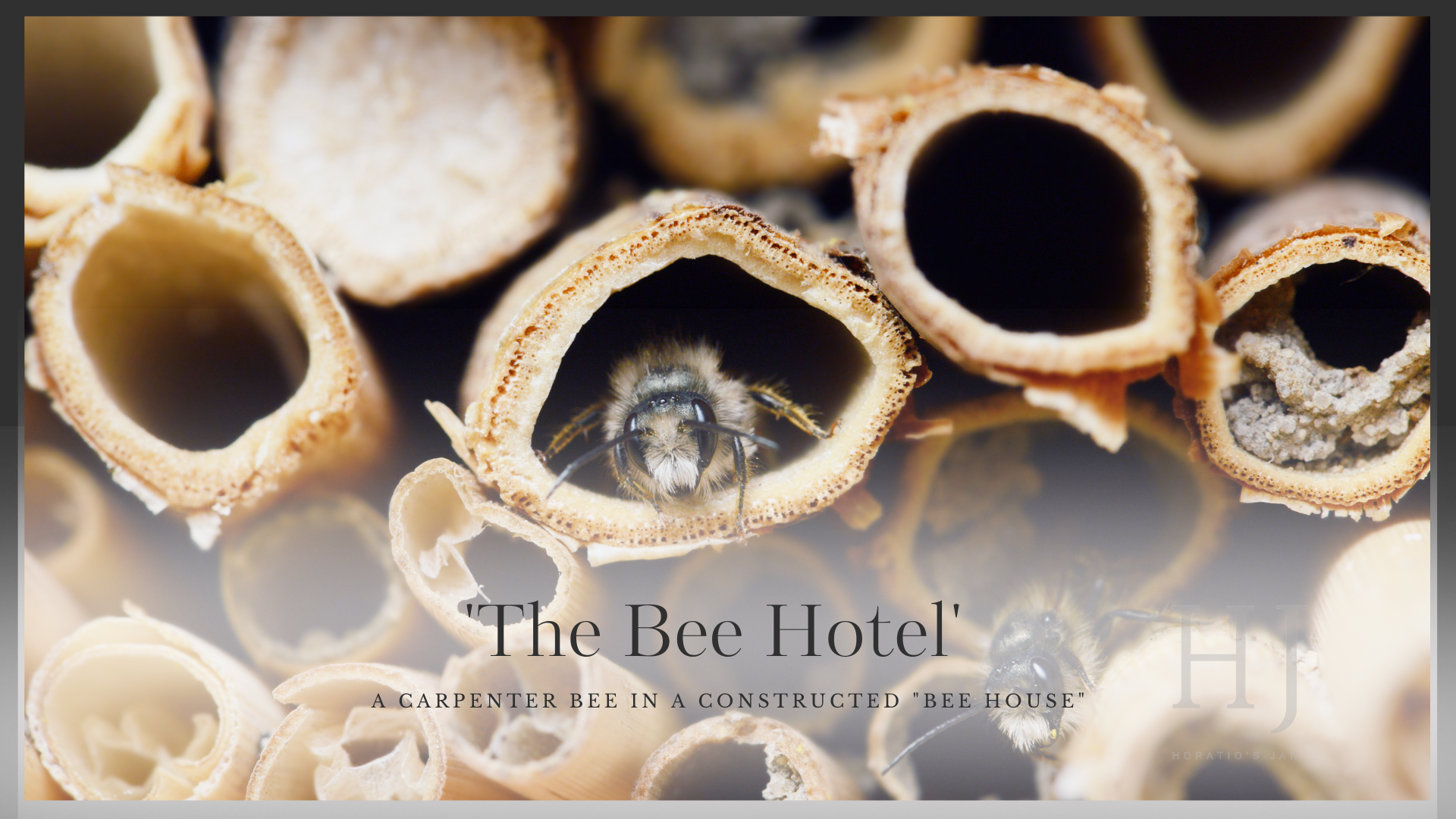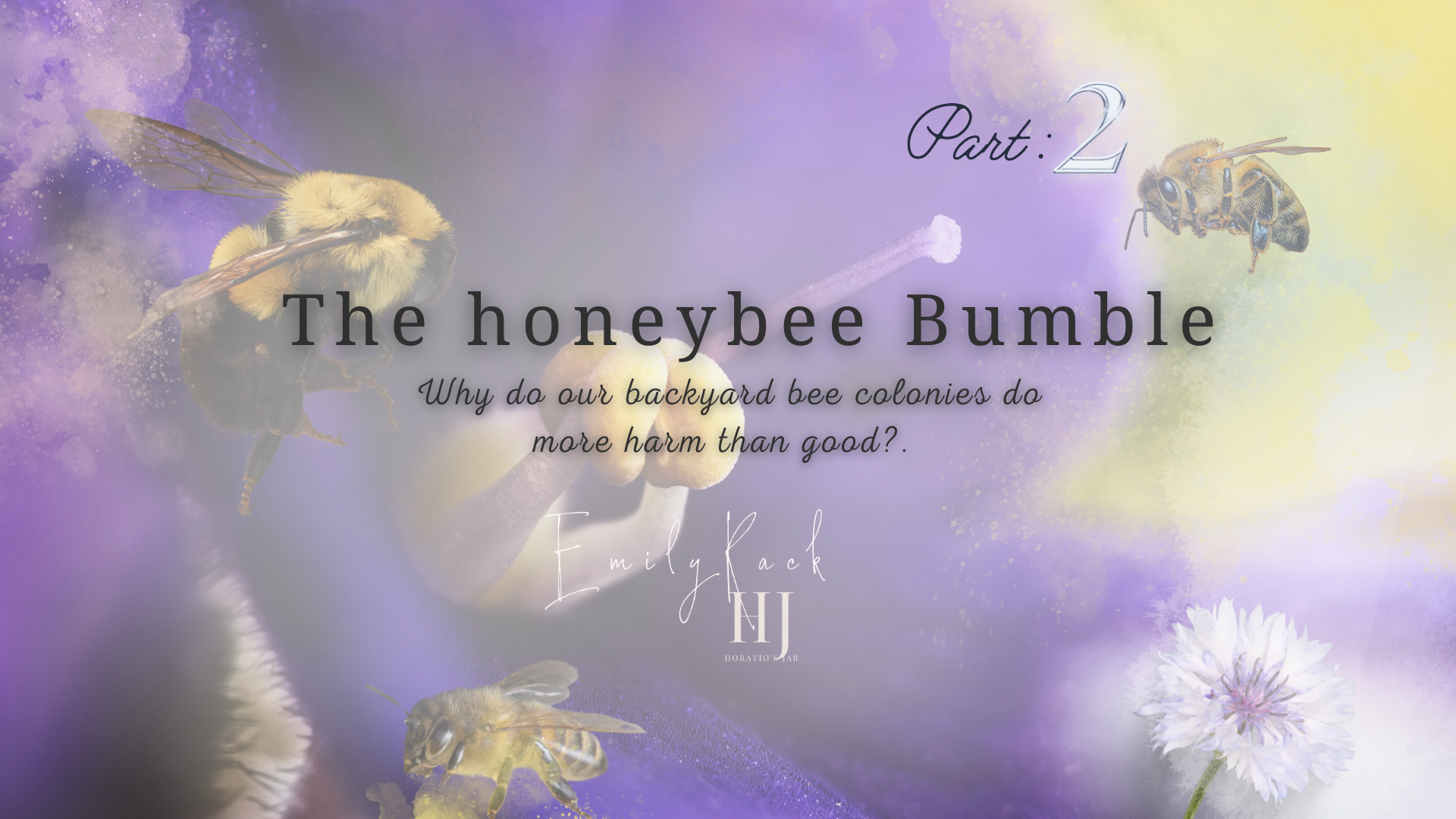Published by: Digital Schools
The Honeybee Bumble - Part 2
When we think of bees and food, we rarely think of all the other lives at risk of extinction in the bee goes bust.
We are misguided with our attention on saving the honeybee to save ourselves – the honeybee is not the answer to saving the planet. The honeybee is contributing to ecological collapse, global warming, and the death of thousands of native pollinators in Australia and across the world.

It's Not the Bees fault.
There are more than twenty thousand bee species, and only seven are from the honeybee family. The number one choice for commercial beekeepers is the European honeybee; unlike the other ninety per cent of bees that live solitary lives in hollows of old logs, in burrows or sometimes wrapped in leaves, they live in hives. Bees that make hives and live in colonies swarm, they also can turn feral, which they have in Australia, and the impact is ecological devastation.
It is not the bees’ fault; it is ours – we have built an unsustainable system that is now failing us all.We need a complete overhaul of agriculture worldwide, the cessation of pesticide use, and the moderation of our desire to have everything we want all the time.

A bee hotel is a constructed home where native bees can take residence.
Usually made of hollow bamboo or holes at random drilled into an old log, the tunnels are perfect for our native species that do not build hives.

Bee the solution.
To be a part of the solution, we need to grow native flowering plants at home, buy native honey, make homes for native species, and eliminate your backyard hives; they invade native ecosystems. Consider growing your plant foods at home as farmers did before mass agriculture.
Another way to support native bees in our community is by installing a ‘bee hotel’ (see the image).



